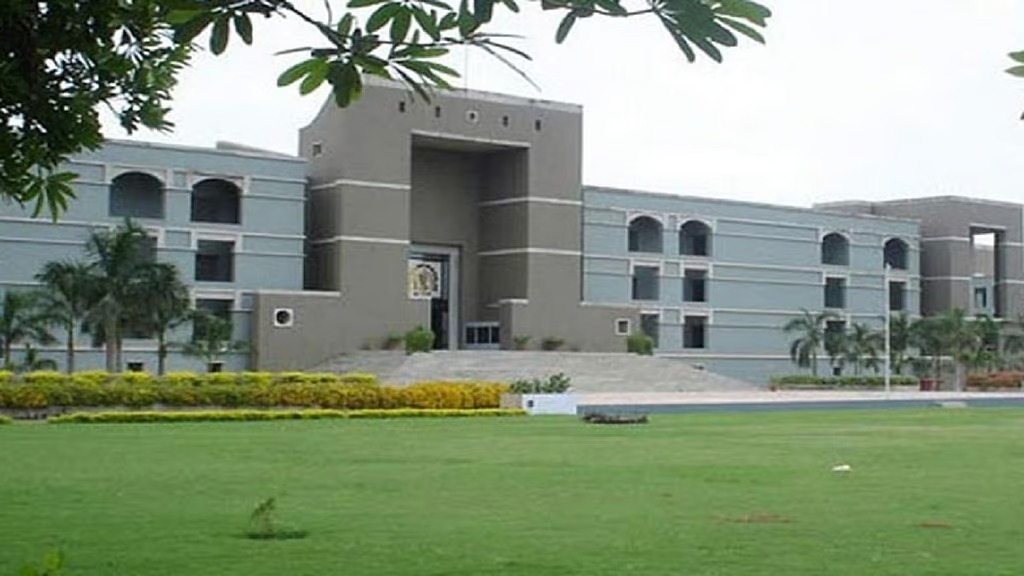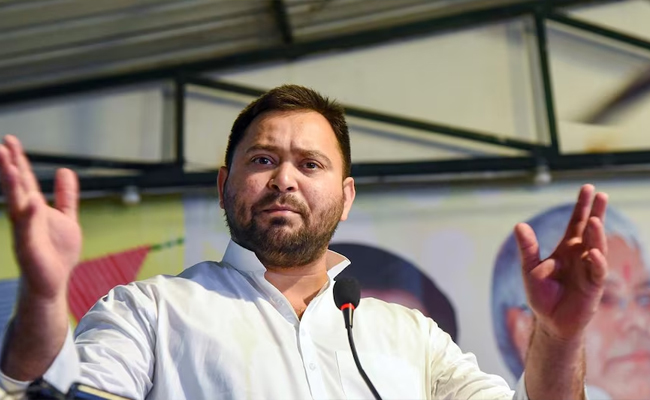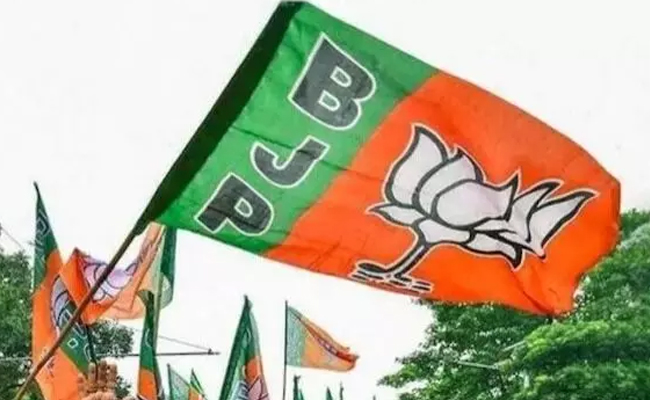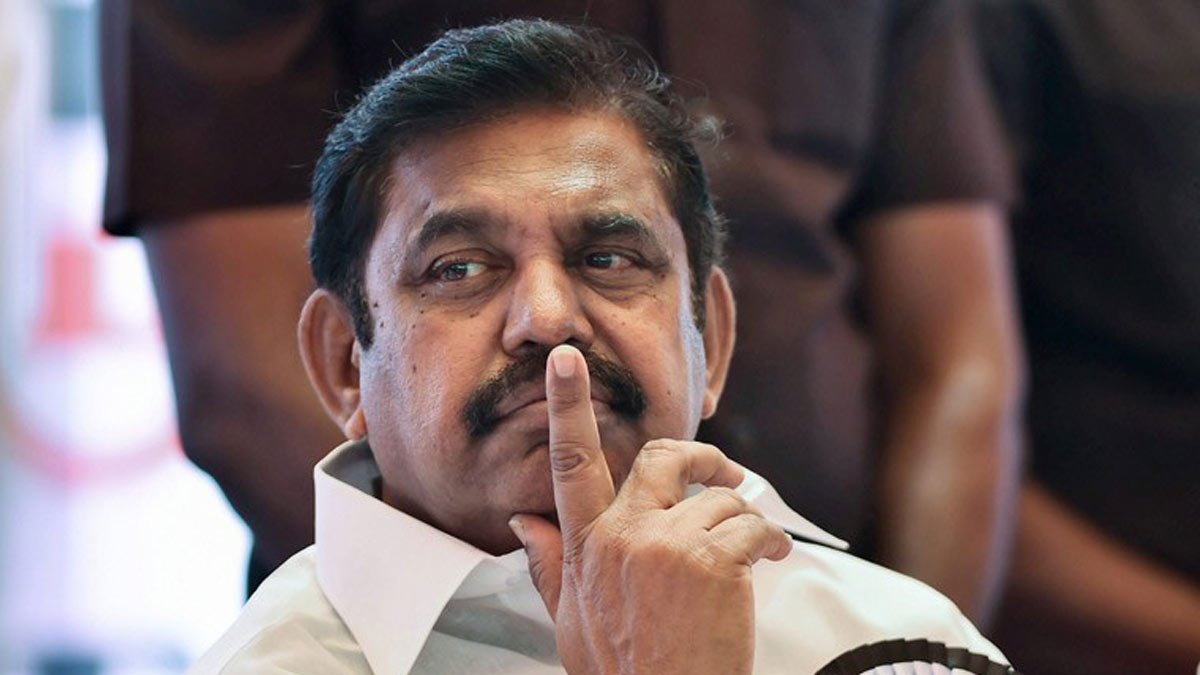Lucknow, June 19 : The Hindi papers of an exam conducted by the Uttar Pradesh Public Service Commission (UPPSC) slated for Tuesday were cancelled following a blunder, an official said.
The cancellation was called after the second section of the paper was distributed during the first half, he added. UPPSC Secretary Jagdeesh said the remaining PCS Mains exams scheduled for Wednesday will be held as per schedule.
Fearing a backlash from thousands of students, heavy police force were deployed at the UPPSC headquarters in Allahabad. The date for the Hindi exam will be announced later, an official told IANS.
The PCS Mains exams began on Monday at 11 centres in Lucknow and 17 in Allahabad.
Let the Truth be known. If you read VB and like VB, please be a VB Supporter and Help us deliver the Truth to one and all.
Ahmedabad: A video of Justice Nirzar S Desai of the Gujarat High Court sharply questioning the state government over the legality of prohibiting videography inside police stations has gone viral on social media, reigniting the debate on citizens' rights and police accountability.
In a pointed exchange during court proceedings, Justice Desai asked the state’s lawyer:
"Tell me under which section videography is prohibited. Today we are living in an era of transparency. Assuming police are doing something illegal and a citizen intends to videograph it – which provision of law empowers you to stop someone from taking videography? Under which provision of law have you stopped the accused from video recording?"
The video has sparked widespread public interest, especially in the context of earlier legal interpretations around filming inside police premises.
View this post on Instagram
Background: Courts on videography in police stations
The question of whether video recording inside a police station is a punishable offence has previously been addressed by the Bombay High Court. In Ravindra Shitalrao Upadyay v. State of Maharashtra (2022 SCC OnLine Bom 2015), the Aurangabad bench ruled that such recording does not fall under Section 3 of the Official Secrets Act, 1923, which deals with spying. The court noted that police stations are not categorized as "prohibited places" under Section 2(8) of the Act. Therefore, secretly recording inside a police station cannot be treated as an offence under the Official Secrets Act.





